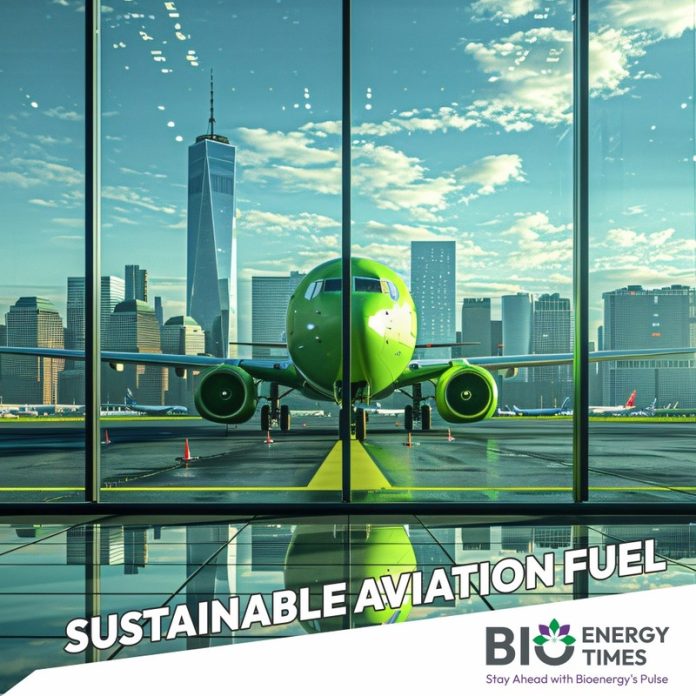The European Commission has approved a €36 million (DKK 268 million) aid package from Denmark aimed at reducing greenhouse gas emissions in domestic air travel. This approval marks the first time the Commission has greenlit a state aid scheme focused specifically on promoting the use of sustainable aviation fuel (SAF), reflecting a key step towards decarbonising the aviation sector, reports European Commission.
The Danish government’s plan targets domestic flights, encouraging airlines operating within the country to switch from conventional jet fuel to SAF. The scheme will remain in effect until the end of 2027 and aims to ensure that at least one domestic air route operates with 40% SAF—just below the current 50% technical limit and well above the 2% minimum required under the EU’s ReFuelEU Aviation regulation.
To support this transition, airlines will receive direct monthly grants to cover the extra costs of SAF compared to regular fuel. These grants will also help offset any associated infrastructure expenses at airports. The aid will be awarded through a competitive bidding process to guarantee cost-effectiveness. The scheme is expected to support a minimum of 20 commercial one-way flights each week using SAF on one or more domestic routes.
The program includes safeguards to avoid overcompensation. It ensures that supported SAF does not benefit from other forms of government or EU subsidies, including those under the EU Emissions Trading System (ETS) and the ReFuelEU framework. SAF that has already received funding from Denmark, other EU countries, or third countries will not be eligible for support under this scheme.
The European Commission evaluated the Danish scheme under Article 107(3)(c) of the Treaty on the Functioning of the EU (TFEU), which permits state aid that supports economic development, and the 2022 Climate, Environmental Protection and Energy Aid Guidelines (CEEAG).
The Commission concluded that the plan is both necessary and appropriate for helping Denmark and the EU meet their environmental goals. It determined that the public support gives airlines a real incentive to switch to SAF—something they would not likely do on their own at this scale. The Commission also noted that the scheme is designed to minimize market distortion, as the aid is limited to what’s necessary and awarded through a competitive process. Denmark has committed to ensuring the measure leads to genuine carbon reductions, not merely shifting emissions elsewhere.
Teresa Ribera, Executive Vice-President for Clean, Just and Competitive Transition said that this Danish scheme paves the way for more sustainable aviation by fostering the use of sustainable aviation fuel beyond current EU mandates. The measure stands as a pioneering model within Europe, offering tangible and proportionate support for achieving our collective climate objectives.















